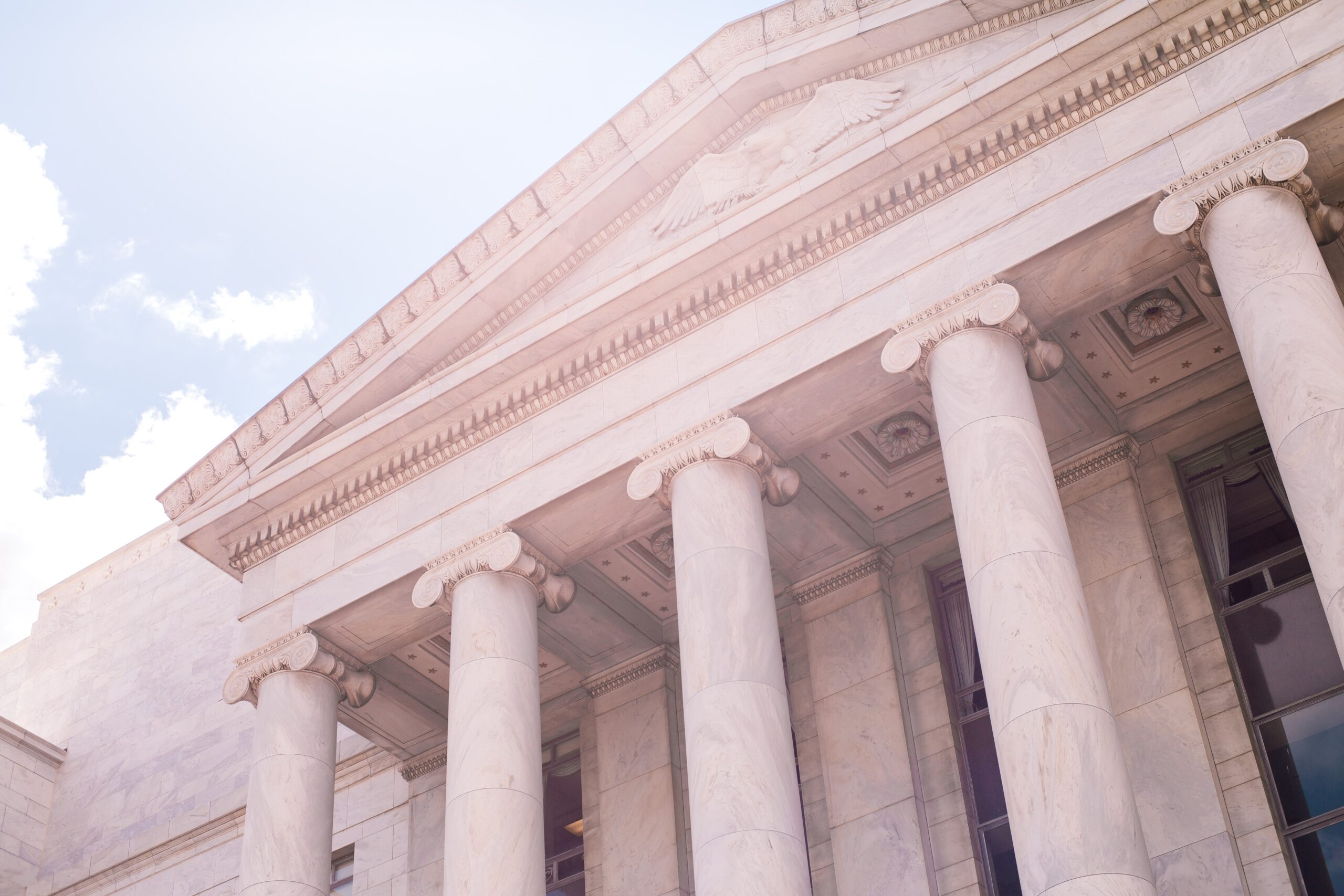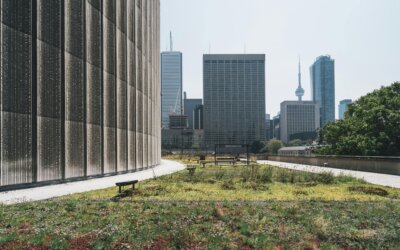I shouldn’t be feeling so grumpy, not now that climate change and carbon emissions are part of the political conversation at the highest level. But surveying the wreckage of the global financial system, I can’t help feeling that some of our most basic human impulses are being laid bare, and that the financial crisis bears directly on the climate crisis.
After all, how many times over the past several weeks have we been reminded that the financial markets are, at their root, a tug of war between fear and greed? Fear gives rise to regulation, while greed thrives in a more perfectly capitalistic system. Right now we’re watching that pendulum swing from greed to fear in our financial markets.
Retirement savings are disappearing, and we can hardly believe that as retirement age approaches for much of the country it might now be too late to do anything to continue the lifestyle we were so sure we were going to be able to maintain. Credit has frozen up, and even after it thaws, it’s going to be a lot harder to live on debt. Everyone sighs with relief as the federal government jumps into the fray with a $700 billion rescue plan, we demand more stringent regulation, and we know in our hearts that complicity in the problem extends far beyond Wall Street.
You don’t have to be an English major to see where I’m going with this. Any chart of total indebtedness in the US over the past fifty years looks an awful lot like any chart of carbon emissions — up and to the right. To my mind, carbon concentrations in the atmosphere are a way of quantifying our debt to nature, a measure of the extent to which we’re living beyond the capacity of our natural systems.
Ned Davis Research
NOAA
Our financial day of reckoning appears to have come, once again. We look back at the Depression and think to ourselves that we’re lucky it won’t get that bad again. Maybe one day we’ll get it right.
But our environmental day of reckoning, as I think we all recognize, is still out there somewhere. Our indebtedness to nature rises with each passing year, and though we all (well, almost all) at this point realize that our personal “environmental savings rate” is negative, as a society we are reluctant to admit to the fear that would lead in turn to smart regulation while there is still time.
“Economy trumps environment” is another one of those things I’ve been hearing a lot these past few weeks. But we need to get our environmental house in order as desperately as we need to get our financial house in order, if not more so.
This whole rant is inspired by my wife’s recent trip to Nevada to canvass to get out the vote. All over the country voters are already pulling levers and mailing in absentee ballots. Election Day in many households is today, not November 4. So let me just make this plea: vote the environment. Please.
We don’t do political endorsements here at Terrapass, but I urge you to vote for political leaders who see the wisdom in putting smart rules in place around our carbon emissions and other environmental borrowings, before they come due (current estimates put that point at approximately 450 parts per million of atmospheric carbon, or even 350ppm).
Because if you think the credit markets are tough, wait until you see how Mother Nature deals with deadbeat debtors.
Brought to you by terrapass.com
Featured image








